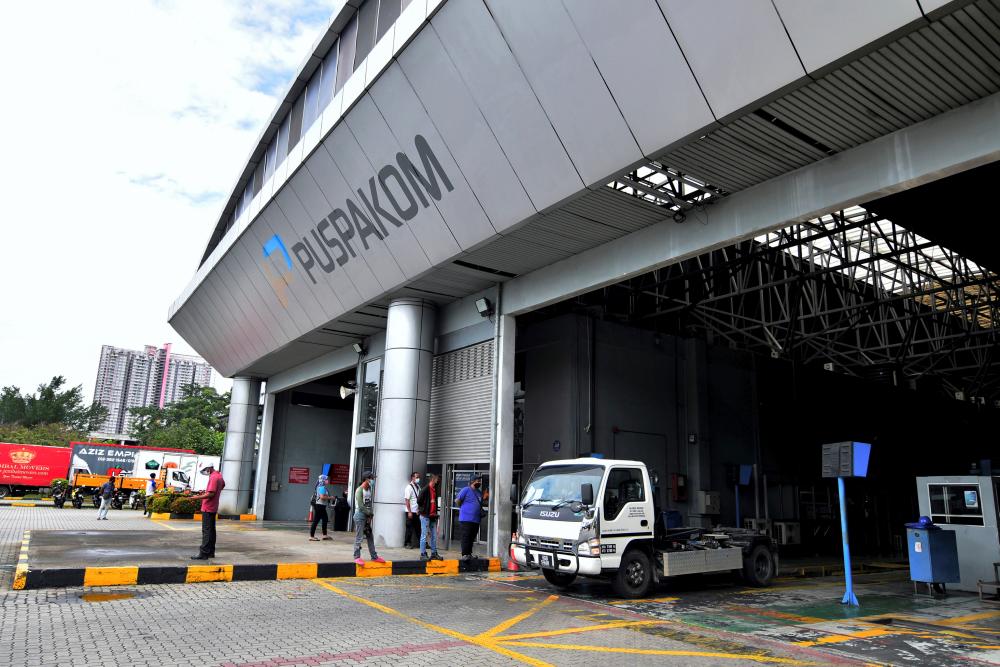A PERSON recently took his car, which is more than three years old, for a road-worthiness inspection at Puspakom.
Prior to the inspection, he conducted a thorough test and serviced the car with his regular mechanic.
Despite being informed that everything was fine during the inspection, the car failed the alignment test. The individual promptly visited the service centre for verification, where their alignment test fell within the acceptable range.
He proceeded to have the car undergo another inspection at Puspakom. Another alignment was conducted, incurring an extra fee for him. However, the car failed the second inspection due to alignment issues yet again.
Upon returning to the service centre, the mechanic was unable to provide a clear explanation as everything appeared to be in order with the car. The service manager mentioned that they regularly calibrate their machinery every six months to ensure optimal performance.
A new appointment was scheduled for the alignment test. During this instance, Puspakom deemed the vehicle alignment to be satisfactory. However, despite inquiries, no one at Puspakom could offer an explanation or clarification for the previous discrepancies apart from providing the test result.
Initially, the charges amounted to RM60, followed by subsequent payments of RM30 each. In total, the individual had to spend RM120 to successfully pass the inspections.
The question arises as to how often does Puspakom calibrate their machinery to uphold inspection efficacy, or whether they are intentionally failing vehicle inspections to generate additional revenue for Puspakom.
Undoubtedly, there are numerous individuals facing similar circumstances.
I learned in the news last year that the government intended to introduce new players into the vehicle inspection sector, thereby breaking Puspakom’s monopoly on such inspections. However, this plan has not materialised yet.
If other entities besides Puspakom are involved in conducting vehicle inspections for roadworthiness, it would promote transparency and accountability.









